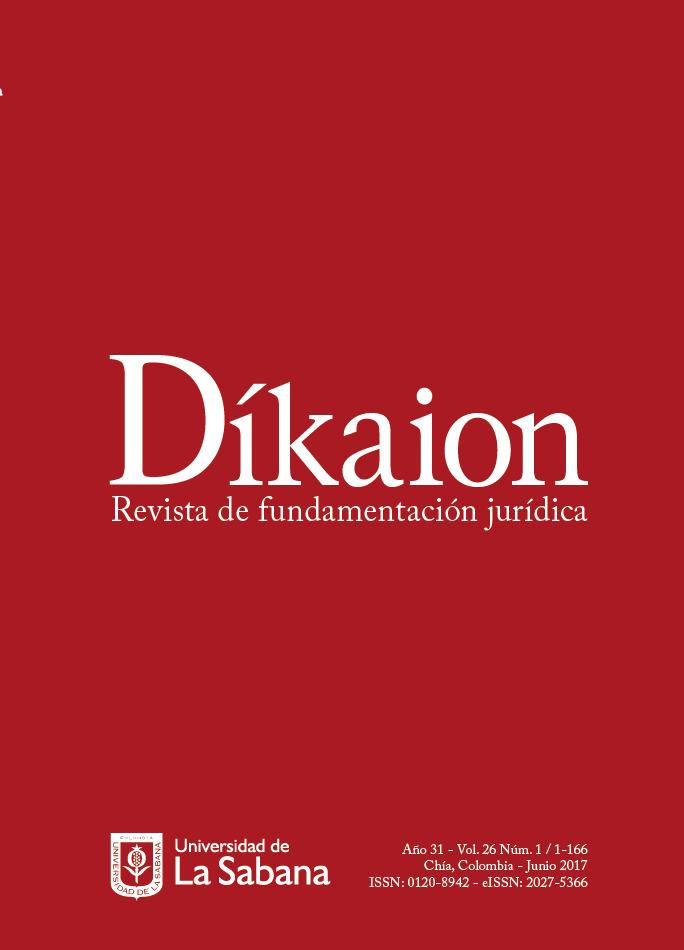The Technological Man as a Fetish of Extended Modernity. Agreements and Disagreements with Posmodernity as Resistance, by Jesus Ballesteros
Keywords:
Biotechnology, individualism, nature, postmodernity, transhumanismAbstract
The article says we are in a hyper-technological world where everything is uncertain and relative within the context of extended modernity. This point of departure serves to analyze how radical capitalism and individualism have led to a decadent image of technological man, a situation that illustrates the triumph of materialism and the decline of cultural, ethical and legal values in relation to the understanding of transhumanism. Nowadays, the human being is an almost isolated man and human nature is liquid, which is why it is necessary to advocate a new concept, one that is more in line with respect for the human being and does not impoverish human relations. Hence, this view serves to establish a dialogue with postmodernism as resistance, according to Jesús Ballesteros; that is, as a form of struggle to respond to the injustice, inhumanity and progressive senselessness of today's world. A brief outline of a legal ethic of the weak is provided as well to serve as an alternative to the current technological image of man. It is a perception that seeks to provide a better form of humanity for future generations, from an ethical and legal point of view.
Downloads
Downloads
Published
How to Cite
Issue
Section
License
1. Proposed Policy for Journals That Offer Open Access
Authors who publish with this journal agree to the following terms:
This journal and its papers are published with the Creative Commons License Attribution-NonCommercial-NoDerivatives 4.0 International (CC BY-NC-ND 4.0). You are free to share copy and redistribute the material in any medium or format if you: give appropriate credit, provide a link to the license, and indicate if changes were made; don’t use our material for commercial purposes; don’t remix, transform, or build upon the material.






